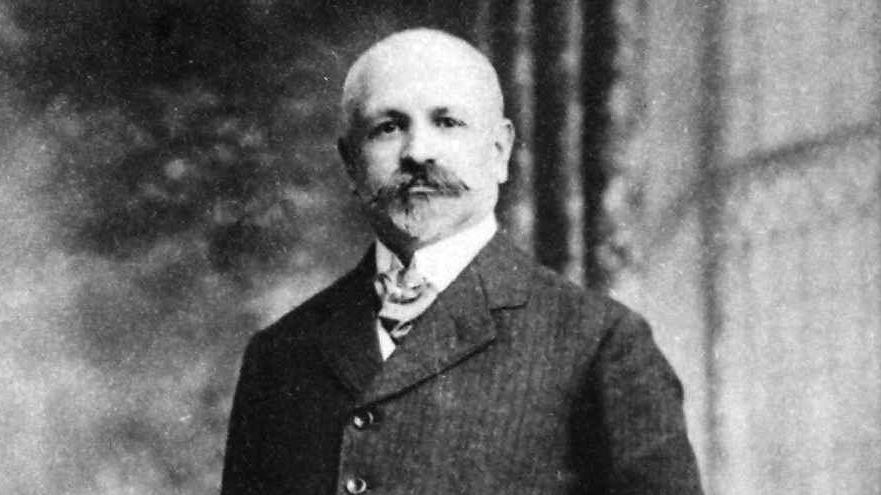Ferrer i Guardia was one of the Catalan and European leaders of pedagogy. During the 20th century, until Franco’s coup d’etat, many schools from different parts of the world followed the ideas of Ferrer i Guardia. The minute after setting foot for the first time in Catalan soil, in January 1988, the first thing Paulo Freire asked about was Ferrer i Guardia, wondering how it was possible he got killed.
In Belgium he created the league of modern schools, which had as its two main emphases science and freedom. Scientific teaching was key for him so that children and adolescents had a real knowledge of nature and society, overcoming prejudice, hoax, and beliefs that were contrary to evidence. His emphasis on freedom included all dimensions of human life, freedom of thought, freedom of speech, and freedom to organize one’s own existence without any type of external coercion.
This defense of science and freedom had very different types of enemies. The problem is that they did not find anything they could criticize or attack him for through reasoning. That is why all sorts of rumors that, intentionally or not, prepared his hurried ending started to be spread. Accusations without any foundation were disseminated not only without verifying them, but without wanting to verify them.
In 1909, these rumors evolved into accusations that he had been the instigator of a popular uprising in Catalonia (the Tragic Week). The newspapers disseminated the accusations as if they were true. They listened only to those who accused him, ignoring the voices that had real proof that Ferrer i Guardia was innocent. This behavior by the press influenced the court that ultimately convicted him. They only accepted the accusatory testimonies and not those that had evidence. The “argument” used was “everyone says so, everyone knows it.” He was sentenced to death and shot.
It is worth explaining these stories because, as the philosopher George Santayana said in 1905: Those who cannot remember the past are condemned to repeat it.
1st with the most total citations of all categories, among those authors including in Google Scholar "Gender Violence" as one of them.


